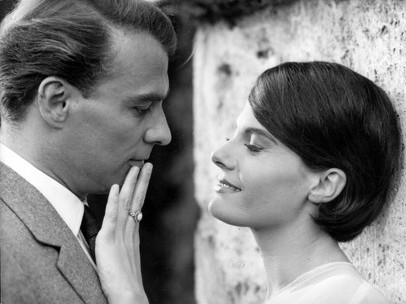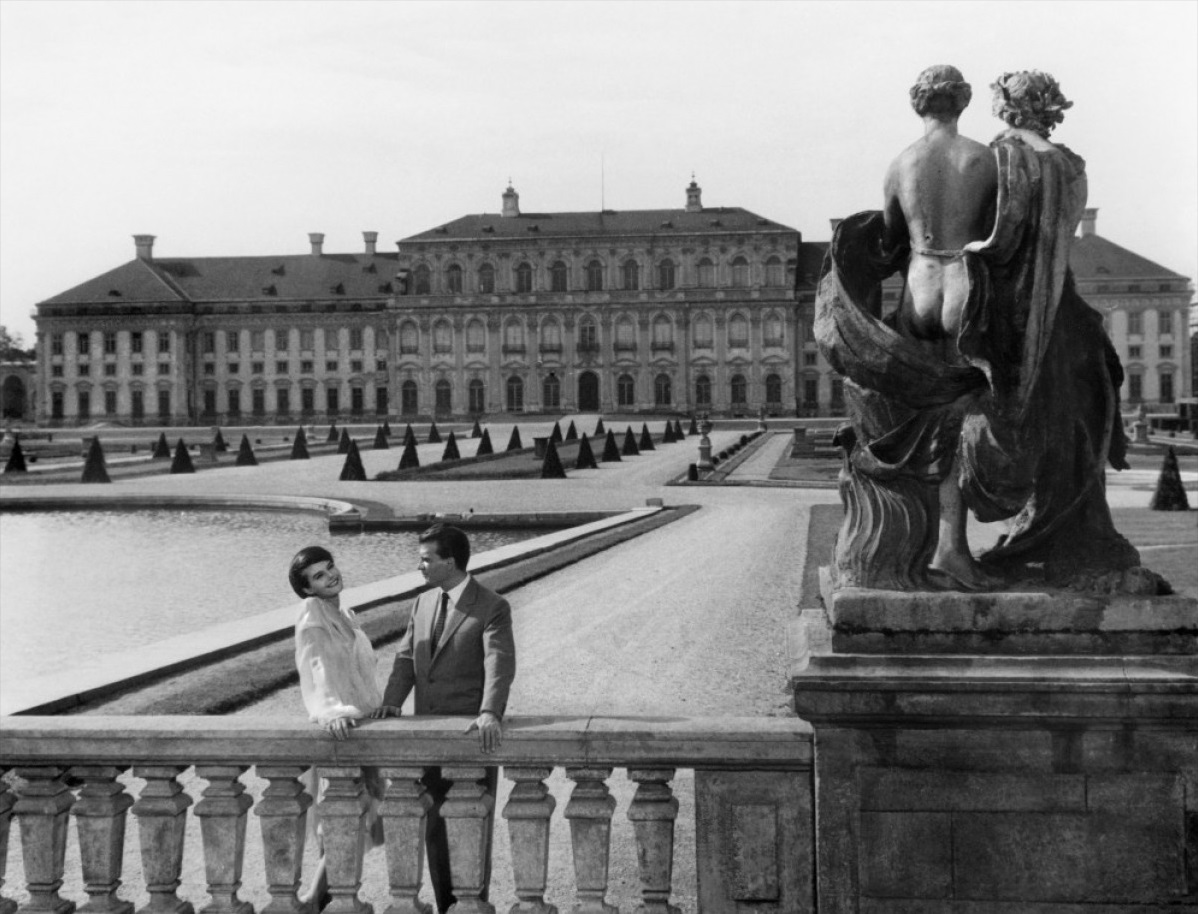Sometimes it happens so that a book comes to you at such a moment that it extremely resonates with the strings of your own soul, and then every barely noticeable hint in the text evokes a storm of emotions and tears are about to splash … It is exactly like “Upon a fiction, heavy tears I’ll weep “, as Alexander Puhkin said in his poem “Elegy” (1830)…
Reading this largely autobiographical novel by Cronin, I involuntarily recalled many other works of world literature about childhood. In general, it is always especially interesting for me to read the diary notes of a generation, refracted in the writer’s mind, telling about the youth that took place at the beginning of the 20th century … For example, the study by two friends of the fauna of the Wynton Hills, described by Cronin, reminded me of Marcel Pagnol’s childhood trilogy.
In his presentation of events, the author tries to be objective and to place accents accurately, at the same time striving both with a grain of irony to imagine how the hero looked from the outside, and not to miss the whole stream of thoughts and emotions that rushed through his head, while he was answering to his interlocutors with his meager restrained remarks.
Perhaps I will make this review rather personal since I’d like to describe my amazement when I was captured by emotions about the episode in which the “grandmother”, with the best intentions, sews a school suit for Robert instead of the worn one, using the fabric of the green lining of her skirt, and all the troubles that awaited the main character after that. And when a caring “mother” suggested that he put on his aunt’s women’s sharp-toed shoes in case his own ones would suddenly break off at the moment of perhaps the most responsible exam in his life …
“The poor are not given the right to choose, my boy,” says his “dad” with some hypocrisy, the main feature of which was stinginess … In this book, stinginess is perhaps brought to the point of absurdity, but perhaps this is somehow familiar to many readers in some form, and this is especially true of the older generation in our country – Russia, accustomed to try to save extremely – even if sometimes they could well afford something more.
There is, of course, a national flavor in the book, and it is described especially vividly due to the fact that the main character was born in Dublin into a Catholic family, but then he was forced to live in a small Scottish town inhabited by Protestants – by the way, through the prism of the perception of the little hero we we learn a lot about the way of life and manners of this very town.
Summing up, I will note that we have an example of such kind of book, in which, perhaps, there are no such action events as in a thriller or in an action movie, but, nevertheless, thanks to the correctly placed accents and interesting cognitive aspect of the text, the level of the reader’s response to which far surpasses many books of sharp genres.






